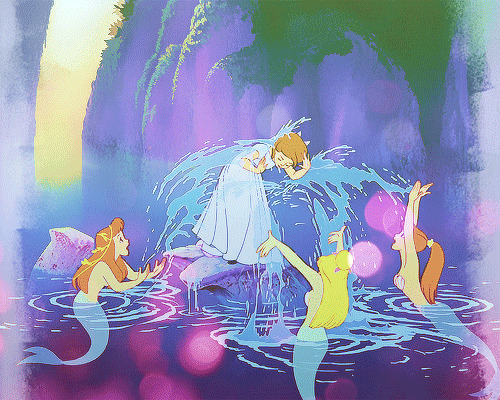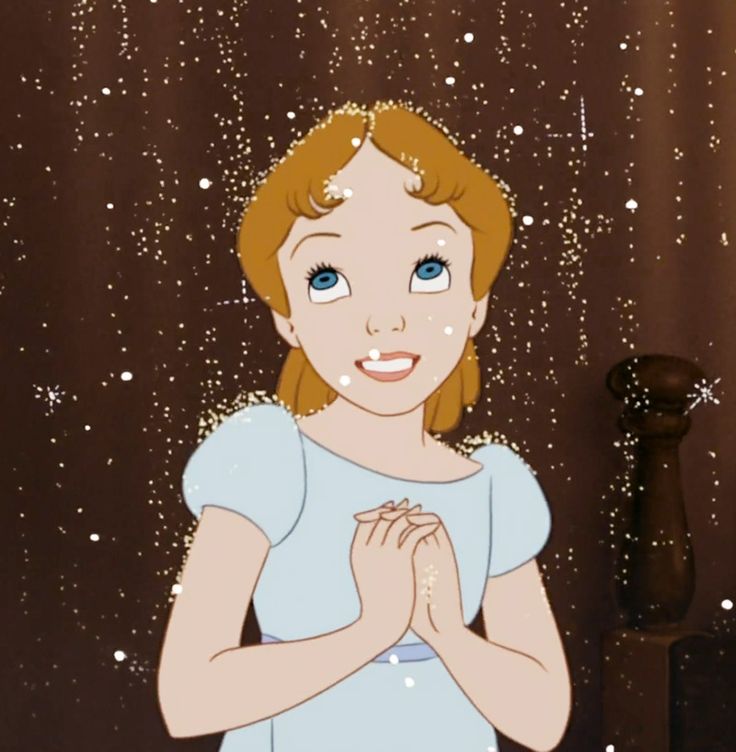I wish. I am off to the library, if I ever get my act together.
I am unashamed to say that this Friday I stayed in on my own and watched the original 1953 Peter Pan. When I was at Camden Market recently I stumbled upon a few really beautiful versions of the book which reminded me how much I loved the story as a kid. I actually always romanticised Peter and Wendy’s relationship too, though I think I’m getting confused with the 2003 ‘real-life’ version, because in actual fact, Original Peter Pan is a really bad boyfriend. Remember when his horrid little mermaid posse is trying to drown Wendy, as Peter stands – sorry, flies – aside, wetting his pants with laughter and telling Wendy to basically chill out, which as any girl knows is like a red rag to a bull. Not cool.

Then there’s Tinkerbell, who, for all intents and purposes, is Peter’s little pixie bit-on-the-side, and also keeps trying to kill Wendy (though thankfully Peter steps up and banishes her for a week to teach her a lesson). It’s like a very old and posh episode of Jeremy Kyle, except that everyone has all their teeth.
Still, I quite like to keep the notion of romance about it when I think of the general story. The boy who never grows up falls in love with a normal, albeit very enthusiastic and accepting girl (considering the circumstances), teaches her to fly and takes her to a magical land where he intends to keep her against her will and make her the mother of his little group of tyrants. Sorry, Lost Boys. It’s truly whimsical, don’t you think?

Since I have an obsessive personality, I was driven to read up on all sorts of Peter Pan facts and trivia, some of which were rather sad, some lovely, some downright scary. For example:
Peter Pan is based on J.M. Barrie’s big brother, David, who died at the age of fourteen – to J.M Barrie and his mother, David would be the Boy Who Never Grew Up.
In J.M Barrie’s first ever version, Peter didn’t need fairy dust to fly, he could already fly just by thinking about flying. After various complaints of injured children trying to follow this advice, Barrie added in the need for fairy dust (I’ll take this moment to admit that I, too, would stand on the back of the sofa and take a leap off, always wondering why I clattered back down on the floor. Children used to be very naive, in those days.)
“All you need is faith and trust and … a little bit of Pixie Dust!” – Peter Pan, shaking Tinkerbell vigorously over his new pals’ heads like a little jar of cumin.
The Original Captain Hook went to Eton (eg, he was a posho). His last words in the original drama were ‘Floreat Etona’, the Eton motto.
And finally: the famous line “To die will be an awfully big adventure” was cut for the productions during the First World War. Charles Frohman, who was the original producer of the London stage productions, also quoted this after refusing a lifeboat on the Luisitania as is was sunk in 1915.
So there you go. They’re actually all a bit dismal, aren’t they? Sorry about that. Sadly I think that most old-fashioned fairytales were a bit hopeless and dismal. On a final and cheerier note, J.M Barrie left all the rights to Peter Pan to Great Ormond Street Children’s Hospital – so you know if you ever buy some Peter Pan paraphernalia (say that fast 3 times) it’s directly helping the kiddies in need. That’s something to be glad about.
Anyway, thanks for reading, I hope you enjoyed. I’m off to the uni library again now. The magic is finished for today.
‘Til next time,
K. x

May 30, 2016 at 4:37 pm
Loved this! Xx
LikeLike
May 30, 2016 at 4:48 pm
Thanks chick! ❤️
LikeLike